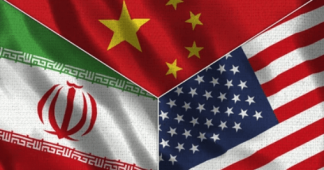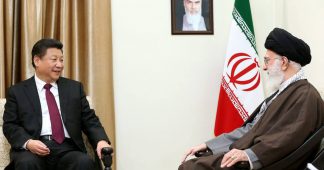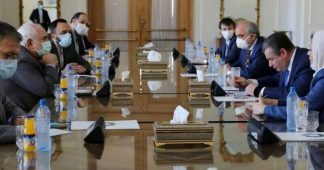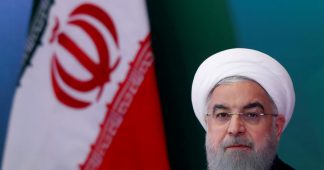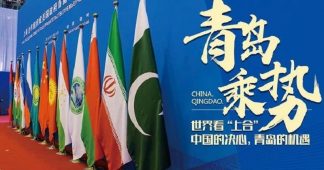By Yunus Soner
Mar. 31, 2021
The People’s Republic of China and the Islamic Republic of Iran have signed a 25-year strategic agreement on the 27th of March, 2021. The Foreign Ministers of the two countries signed the agreement during the Chinese Minister Wang Yi’s visit to Tehran.
Chinese Foreign Minister Wang said during the ceremony that the Chinese-Iranian relations will be “permanent and strategic”, according to press reports. Chinese Global Times quoted Wang saying that “comprehensive cooperation signed by the two sides on Saturday will map out an overall blueprint for boosting the China-Iran comprehensive strategic partnership, which will not only benefit the two peoples, but also make China-Iran contributions to maintaining regional and world peace.”
The Iranian Foreign Minister commented via twitter, “Excellent exchange on expansion of global, regional and bilateral cooperation in the context of our comprehensive strategic partnership, culminated in the signing of a historic 25-year strategic roadmap.”
Continue reading at uwidata.com
The Iran-China agreement: Inconsequential or a game changer?
Shireen Hunter
Apr. 5, 2021
After a nearly two-year delay, on Saturday March 27 during the visit of Chinese Foreign Minister Wang Yi, Iran and China signed the 25-year Comprehensive Agreement on Economic, Political and Cultural Cooperation. This event generated a great deal of attention and controversy both inside Iran and globally.
Within Iran, the debate has centered on the costs and benefits of the agreement, which remains short on details. Those in favor of the agreement argue that, if implemented, it could advance Iran’s development by providing large-scale Chinese investments in infrastructure, especially road and rail, and energy, and by making Iran an integral part of China’s globe-spanning, trillion-dollar Belt and Road Initiative. The supporters of the deal also maintain that it could help reduce the impact of U.S. sanctions on Iran and enhance its regional and possibly even international bargaining power.
Indeed, while at this stage it is difficult to evaluate the deal’s economic impact, it appears that the agreement has already improved Iran’s regional position. For example, the signing of the deal prompted India to declare its eagerness to increase economic and trade relations with Tehran. In the last several years, despite Iran’s own enthusiasm for upgrading its economic links with India, Delhi has moved slowly in this direction. Now, however, India, fearing China’s domination of Iran, may well be more forthcoming about increasing its investment in the Chabahar port and possibly in other projects.
Continue reading at responsiblestatecraft.org
